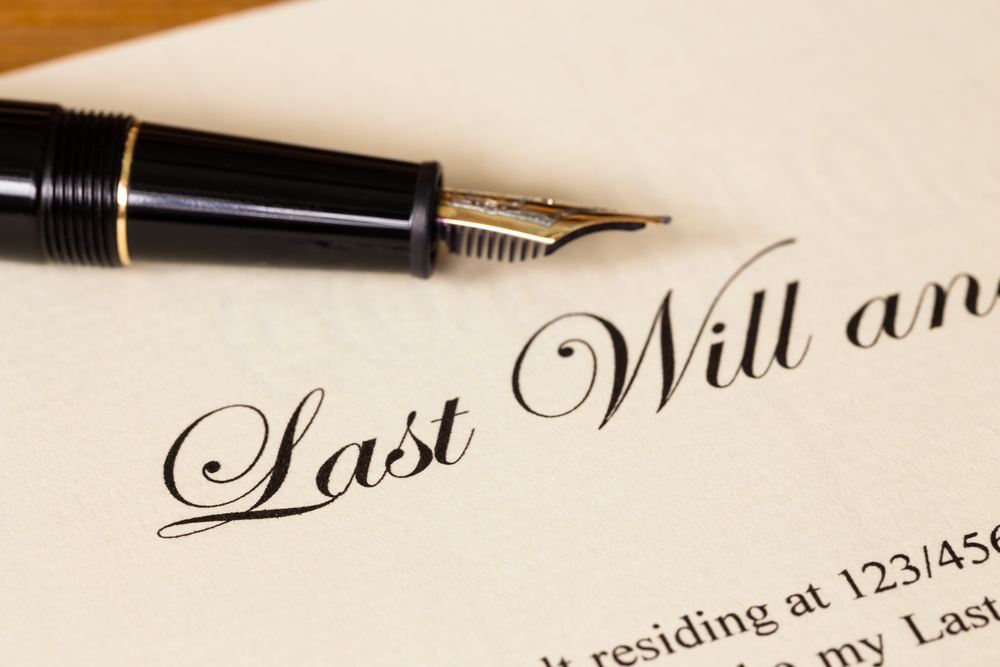News
‘Death tax’ set to rise by more than 3,000% for wealthiest estates

The government is going ahead with controversial plans to overhaul probate fees, meaning bereaved families may have to pay up to £6,000.
The Ministry of Justice (MOJ) has announced it is pushing ahead with a tiered structure of probate fees, doing away with the current flat rate fee of £215.
When dealing with a deceased’s estate such as property, money and possessions, families need to obtain a grant of probate from the Probate Registry, which costs £155 when made by a solicitor and £215 by other applicants.
The new charging structure – expected to come in from next April – will introduce six band rates so wealthier estates will pay progressively more for probate. However, the MoJ said the fees will never be more than 0.5% of the value of the estate.
Yet with rising house prices, tax experts said a £250,000 estate would pay nearly six times more than they do today at £1,250 and a £500,000 estate will pay over 10 times more at £2,500.
The government is also raising the estate value threshold from £5,000 to £50,000, lifting 25,000 estates annually out of paying fees together.
Here are the banded fees based on the value of the estate, before inheritance tax:
Rachael Griffin, tax and financial planning expert at Quilter, said: “The replacement of the flat rate probate fee will likely mean people with large estates will face extortionate fees and with property values at historically high levels the number of estates falling into a top band are likely to be quite high.
“Those at the top end will be paying disproportionately for the administrative work involving probate so it’s hard not to see this as a stealth tax on those who already pay inheritance tax.”
Nick Rucker, national had of tax, trusts and estates at Irwin Mitchell LLP, said the move will present real problems to those who are land rich but cash poor.
He said: “In a case where widows inherited property but it remained in the name of a late husband, no inheritance tax would be payable but a widow would still need to pay the much higher fee in order to get probate and the property transferred into her name.
“It’s potentially going to lose a lot of inheritance tax for the government and prove counterproductive. Many providers of ‘trusts to avoid probate’ will get people to pay for setting up trusts in their lifetimes so that probate is not needed when they die. These schemes are often sold with dubious claims and it’s likely they will be sold even more aggressively now. People may be enticed to sign up to them and there’s a risk these trusts do not pay the proper tax due on death because an inheritance tax account is one of the essential elements of obtaining probate.”
‘We’re confident these fees will never be unaffordable’
The plan is subject to parliamentary approval but the MOJ expects the new fees to come into effect in April 2019. It said that for those who do pay for probate, around 80% of estates will pay £750 or less, with all income raised going towards running the courts and tribunal service.
Lucy Frazer QC MP, said: “This new banded fee model represents a fair and more progressive way to pay for probate services compared to the current flat fee and reflects our commitment to protecting access to justice by ensuring we have a properly funded and resourced courts system. We are also confident these fees will never be unaffordable.”
